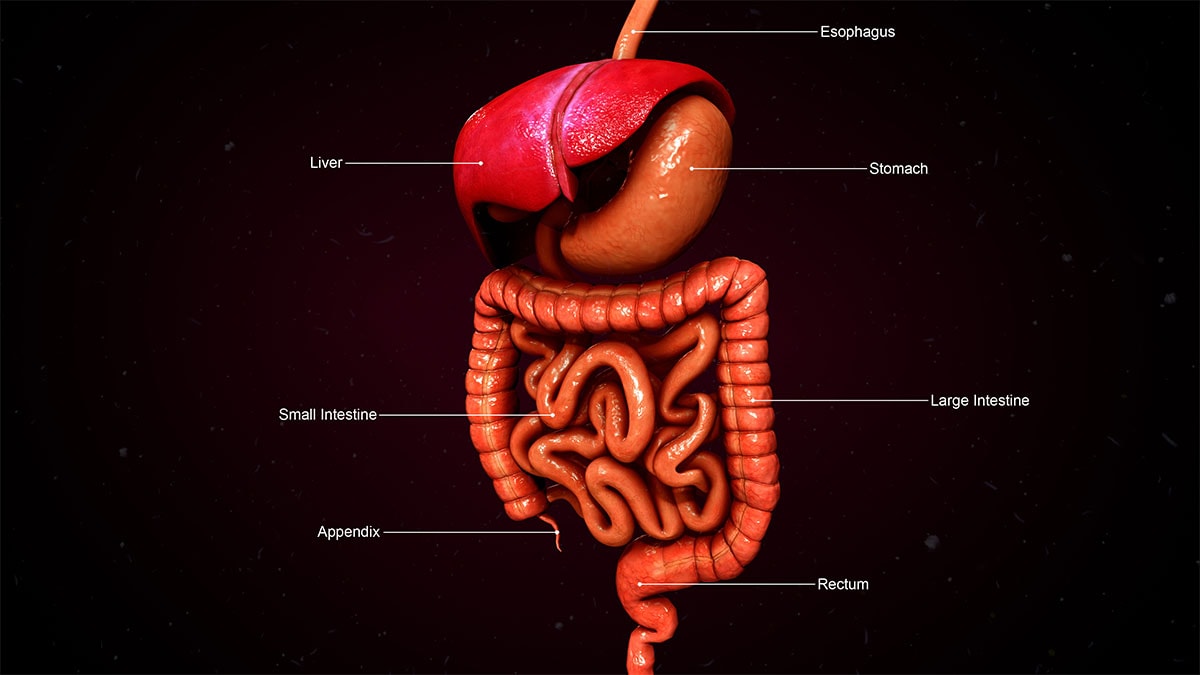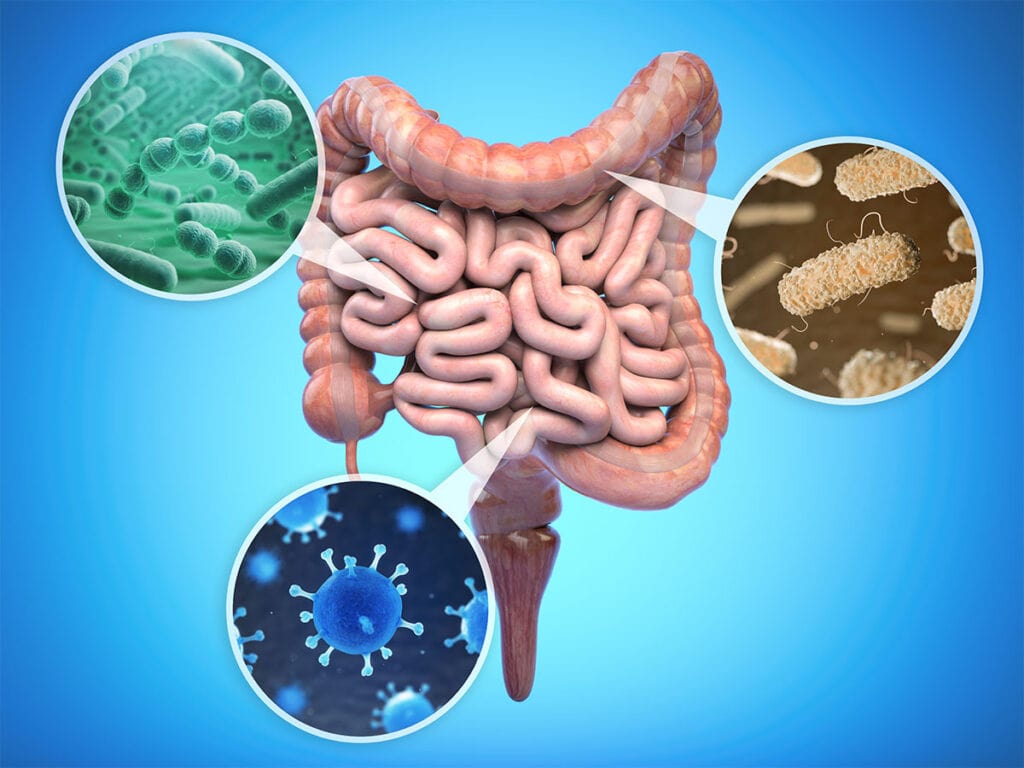- Your cart is empty
- Continue Shopping
Gastrointestinal Infection – Characteristics, Types, and Treatment

Intestinal infections are very common globally, impacting men, women, and children of all ages. In fact, according to the CDC, GI infections, and more specifically, diarrheal diseases, account for over 2000 adolescent deaths per day. This cause of death is also the most common in developing countries, accounting for 2.5 million deaths annually.
Some gastrointestinal (GI) infections can be bacterial in nature and can cause severe illness requiring hospitalization and possibly surgical intervention. Other GI infections can be viral illnesses that can be somewhat debilitating, yet most individuals recover fully.
In what follows, we’ll be discussing the characteristics of intestinal infection and their causes and symptomatology, as well as the treatment of this common infection.
Characteristics of Gastrointestinal Infection
Gastrointestinal infections are inflammatory conditions of the stomach, small intestines, and large intestines caused by bacteria, viruses, or parasites. Most GI infections, whether bacterial, viral, or parasitic, are contracted via the contamination of food and water; however, they can also be transmitted from person to person.
While most GI infections only last for several days, they can persist and worsen for up to two weeks. The most common symptoms of GI infections, whether bacterial, viral, or parasitic in nature, include nausea, vomiting, diarrhea, abdominal cramping, fever, muscle aches, weight loss, and loss of appetite.
In severe cases of infection, individuals can become severely dehydrated and be at risk of developing kidney failure. Other bacterial infections can lead to infection of the blood and sepsis, which can be life-threatening. This is especially true for infections involving bacteria such as Clostridium Difficile.
Infections involving the intestines are best evaluated at an early stage to avoid the complications of dehydration and worsening of the condition. Intravenous hydration is often beneficial to the condition, if not lifesaving.
Types of Gastrointestinal Infections
There are several types of intestinal infections that affect both the small and large intestinal tract. These infections can be caused by several types of bacterial, viral, and parasitic invaders. Examples of these specific infectious agents are E. Coli bacteria, salmonella, norovirus, rotavirus, and parasites such as giardia and cryptosporidium.

Differing types of infections have different lengths of illness and sometimes differing symptomatology. The following are some of the types of GI infections:
Common Types of Bacterial GI Infections:
- Salmonella (Most Common Type of Bacterial Infection)
- E. Coli.
- Staph Infection
- Clostridium Difficile
Common Types of Viral GI Infections:
- Viral Gastroenteritis
- Norovirus
- Rotavirus (Most Common Viral GI Infection in Children)
- Adenovirus
- Hepatitis A
Common Types of Parasitic GI Infections:
- Giardiasis (Most Common Waterborne Disease in the United States)
- Cryptosporidiosis
One of the most common gastrointestinal infections is food poisoning. Food poisoning occurs when food is ingested that has been contaminated in some form, such as undercooked meat or spoiled meat. The infectious agent is often bacteria, viruses, or parasites. Individuals will have symptoms of nausea, vomiting, diarrhea, fever, and abdominal pain.
Although salmonella is often thought of as a very common intestinal illness, most intestinal infections result from norovirus. Salmonella is, however, the most prevalent and commonly reported foodborne illness in the United States, causing the most hospitalizations per year of all GI infections.
Unlike viral transmission, which is difficult to prevent, salmonella infection can be controlled more easily. Because it’s caused by the consumption of raw poultry, meat, and eggs, the best defense against such an infection is to cook your food thoroughly and avoid all undercooked or raw food.
Treatment of Gastrointestinal Infections
Contrary to what’s often presumed, antibiotic treatment is not recommended for intestinal infections unless it’s a severe bacterial infection. Since many infections are viral or parasitic, antibiotics will have no effect on the illness.
Ultimately, the intestinal infections will need time to run their course in most cases. Most available treatment options are used to manage and minimize symptoms such as nausea, stomach pain, and diarrhea. The individual’s immune system will eradicate the infectious agent over time. In some instances, intravenous fluid hydration is necessary.

Because GI infections are often contracted through the contamination of food and water, most cases are preventable via self-care measures, thorough food preparation, and best hygienic practices, such as hand washing.
That’s why it’s imperative to take a proactive approach to health, well-being, hygiene, and safe consumption of food. Maintaining good hydration and obtaining the Influenza vaccine are also excellent prevention methods.
Final Thoughts
Whether bacterial, viral, or parasitic, gastrointestinal infections have an excellent prognosis. If advanced treatment is needed, intravenous fluids may very well be all that is required to help an individual through the infectious process. Since this treatment is readily available, it’s important to remember to seek timely care and prevent other complications, such as dehydration from complicating this illness.
Most individuals will experience a gastrointestinal infection during their lifetimes, and it’s helpful to know that most of these infections have excellent outcomes.




